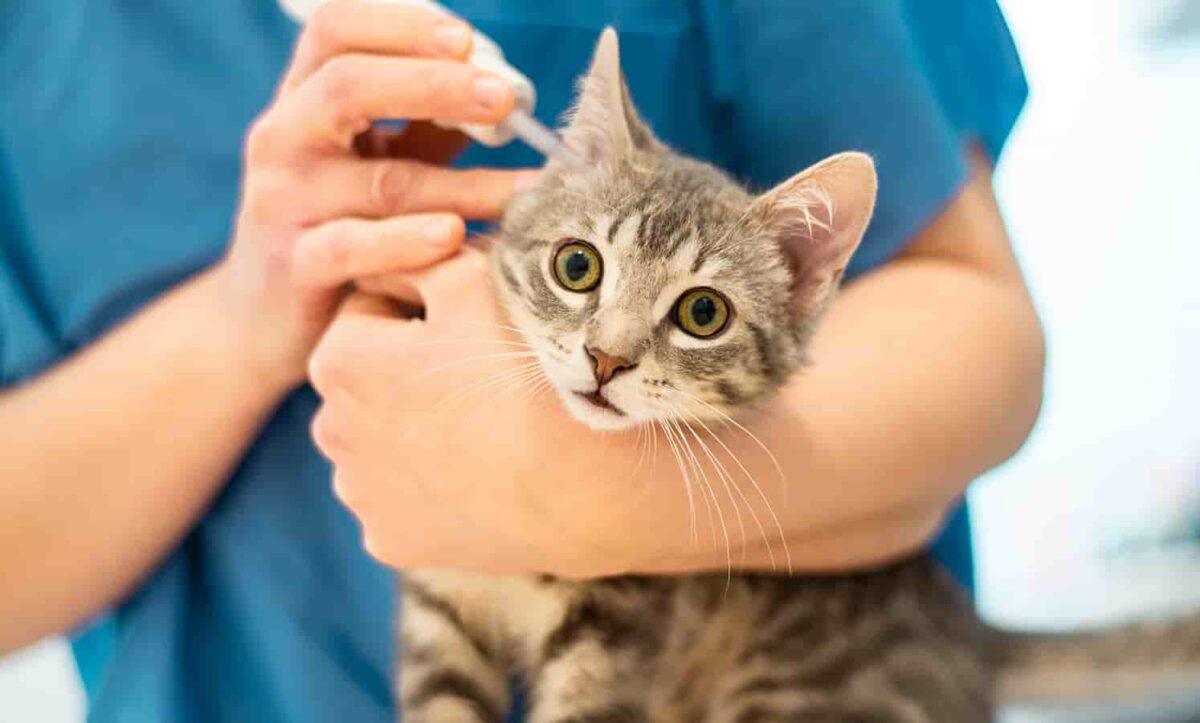Why Is Parasite Prevention Essential for Pet Health?
Parasite prevention is essential because parasites like fleas, ticks, and heartworms can cause serious health problems, including disease and discomfort. Protecting your pet helps keep them healthy and prevents the spread of parasites to other animals and people.
How Often Does My Pet Need Parasite Prevention?
The frequency of parasite prevention depends on the type of product used and the manufacturer’s recommendations, so it’s important to follow your veterinarian’s guidance to keep your pet protected year-round.
Does My Indoor Cat or Dog Still Need Parasite Prevention?
Yes, even indoor cats and dogs need parasite prevention because fleas, ticks, and other parasites can enter the home through people, other pets, or open doors and windows.
Can One Medication Cover Multiple Parasites?
Yes, some medications are designed to protect against multiple parasites, such as fleas, ticks, and heartworms, but your veterinarian will recommend the best option based on your pet’s specific needs.
What Are Common Parasites that Affect Dogs & Cats?
Common parasites that affect dogs and cats include fleas, ticks, heartworms, roundworms, hookworms, and ear mites.
What Parasites Should I Protect My Pet From?
You should protect your pet from fleas, ticks, heartworms, and intestinal parasites like roundworms and hookworms, though the specific parasites to guard against may vary depending on where your pet lives and their lifestyle.
What Are Signs of a Parasite Infection in Pets?
Signs of a parasite infection in pets can include itching, hair loss, diarrhea, vomiting, weight loss, coughing, and visible parasites like fleas or ticks on their skin.
What’s Included in a Parasite Prevention Exam?
A parasite prevention exam includes a physical checkup and discussion of your pet’s lifestyle and risk factors; we may also recommend a fecal test to check for intestinal parasites and help tailor the best prevention plan.
Do Puppies & Kittens Need Special Parasite Care?
Yes, puppies and kittens need special parasite care because they are more vulnerable to infections and require age-appropriate deworming and prevention protocols to keep them healthy.



